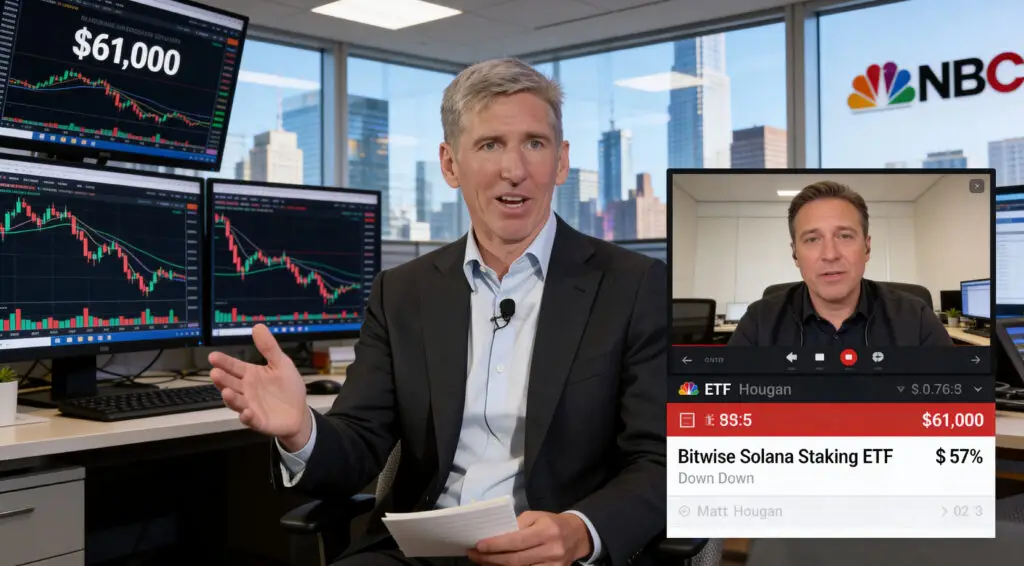Billionaire Elon Musk has reignited his calls to launch a new political party, dubbed the “America Party,” amidst a public feud with President Donald Trump over the recently signed “One Big Beautiful Bill Act.” While Musk’s immense wealth and influence make him a unique contender, establishing a successful third political party in the United States faces a thicket of complicated state laws, time-consuming ballot access rules, and intense litigation designed to favour the two major parties.
The Daunting Path to Party Formation
“Political parties are creatures of the states,” explains Brett Kappel, a veteran election lawyer. This means that any aspiring third party, including Musk’s “America Party,” must navigate 50 different sets of state laws for party recognition and ballot access. These hurdles range from difficult to extraordinarily challenging. For example, to qualify in California, a new party needs to register 0.33% of the state’s voters (approximately 75,000 people) as registered members or collect 1.1 million voter signatures. To maintain qualification, parties must either sustain the 0.33% registration threshold or win at least 2% of the vote in a statewide race.
Beyond state-level hurdles, national recognition requires seeking advisory opinions from the Federal Election Commission for each state-level party. These efforts are almost guaranteed to face intense pushback and legal challenges from the Democratic and Republican parties, requiring significant financial outlays for litigation across numerous states. Kappel estimates that building an entirely new national party would likely take years, making it improbable for the 2026 midterm elections.
Musk has suggested a more focused initial approach, aiming to “laser-focus on just 2 or 3 Senate seats and 8 to 10 House districts” to serve as a “deciding vote on contentious laws.” He also stated his initial focus would be on congressional races, though backing a presidential candidate is “not out of the question.” The struggles of long-established third parties like the Green Party and Libertarian Party, which continue to battle for state-by-state ballot access, serve as a testament to the inherent difficulties. Kappel estimates the cost of creating a new national party could run into “hundreds of millions of dollars,” a sum only the wealthiest individuals, like Musk (with a net worth exceeding $350 billion), could potentially undertake.
Musk’s Campaign Cash and Future Political Involvement
Elon Musk’s financial power is undeniable. In the 2024 election cycle, he spent a staggering $277 million to aid President Trump and other Republican candidates, with the bulk ($239 million) channelled through America PAC, a super PAC he founded. Super PACs allow unlimited donations but must remain officially independent from candidates or political parties.
However, the legal landscape for financing a new party is complex. Before formal recognition, nascent parties can be organised as nonprofit groups, allowing for unlimited donations. Once a party gains national recognition, donors would become subject to Federal Election Commission (FEC) contribution caps: currently, individuals can give $10,000 annually to a state political party or $44,300 annually to a national party committee. The rules governing when organisations are subject to these limits are intricate and have been subject to lengthy legal battles.
Musk has recently hinted at dialling back his direct involvement in politics, with his tenure leading the Trump administration’s cost-cutting Department of Government Efficiency ending in May. He also told Tesla shareholders that his federal government work would “drop significantly” and stated at the Qatar Economic Forum that he would “do a lot less” political spending. If he proceeds with the “America Party,” it would mark an expensive return to the political fray.
Despite musing about a third party, Musk has also implied continued engagement in Republican politics, suggesting he would back primary challenges against GOP lawmakers who voted for the “One Big Beautiful Bill Act” and support figures like Rep. Thomas Massie, who opposed it. President Trump has publicly acknowledged Musk’s frustrations, suggesting they stem from the bill’s phase-out of electric vehicle tax credits, which could impact Tesla’s bottom line. The formation of the “America Party” represents a bold and ambitious undertaking, but one that faces formidable systemic and legal obstacles in the entrenched two-party system of the United States.















